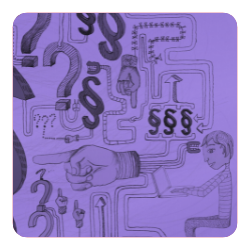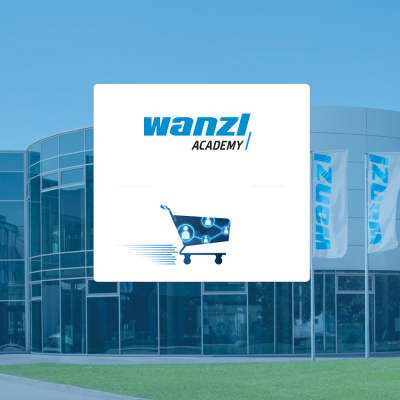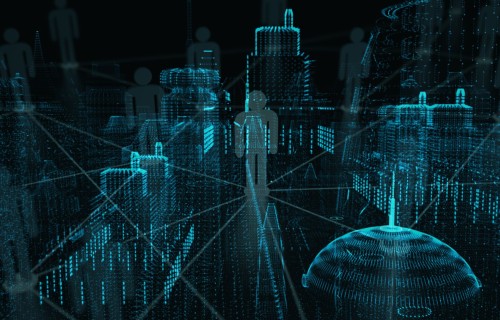Sustainability: More than just a sales argument
Complex and globalized supply chains make sustainability management a real challenge. But what does sustainability actually mean? – Basically, sustainable action implies using resources in a way that preserves their natural regenerative capacity. This includes both ecological and social sustainability and extends to the entire supplychain as well as the life cycle of products.
After all, different strategies apply to ensure economic sustainability: On the one hand, raw materials and energy must be used efficiently. At the same time, product life cycles must be designed as consistently as possible: Less waste, more recycling. Thus, the life time of products also plays a decisive role in sustainability. So-called planned obsolescence, which means the planned limitation of a product's service life, is anything but sustainable. However, this brings a central question into focus: Can economic efficiency and sustainability be reconciled at all?
Sustainability and cost-effectiveness need not be contradictory
Generally speaking, economic efficiency is considered to be a component of sustainability. After all, if you don't act economically, you can't be sustainable either. Nevertheless, the two are often perceived as being in conflict. Sustainability should be seen as an investment in the future. This has now been recognized not only by corporate decision-makers, but also by politicians. In 2015, the United Nations adopted the so-called "2030 Agenda for Sustainable Development", which defines political objectives to ensure sustainable development.
With its sustainability strategy, the German federal government is also setting standards in terms of sustainability and declares sustainable development to be its central objective. Legislators are aligning their legislation accordingly: Although concrete legal provisions are manageable so far, they will play a central role in the implementation of political strategies in the future.
Sustainability as a compliance risk
This means that sustainability is also becoming increasingly important for companies. After all, corporate sustainability will soon be obsolete as a mere sales argument. Instead, it has become an implicit part of corporate responsibility and is developing into a central framework requirement of legislators. The "Act on Corporate Due Diligence in Supply Chains", which comes into force in 2023 and was passed by the German Bundestag on June 11, 2021, is just one of numerous examples.
Those who fail to meet these conditions in the future risk forfeiting the trust of their own customers and at the same time expose themselves to an increased compliance risk. Therefore, declare sustainability to be a central corporate goal and make employees and managers aware of the importance of sustainable action. Security Island offers professional training for companies of all sizes and industries for this purpose.































